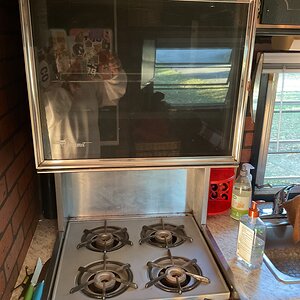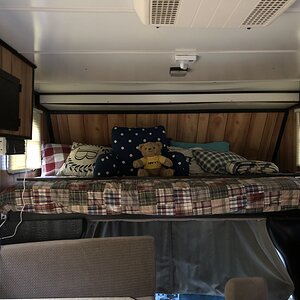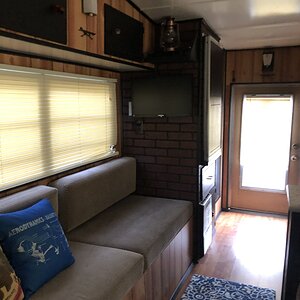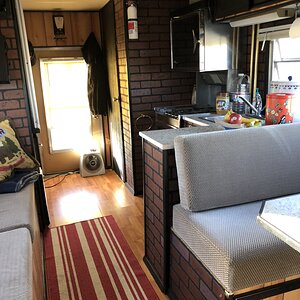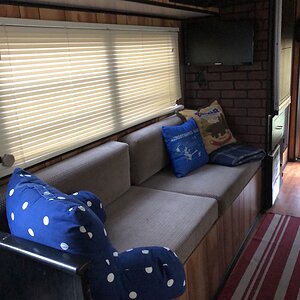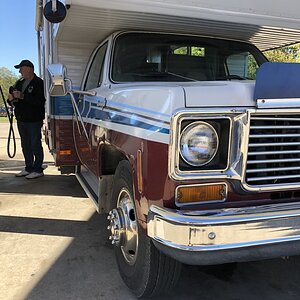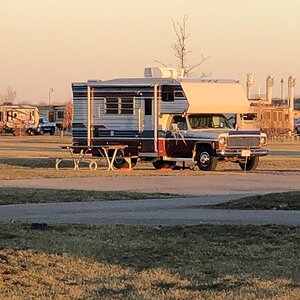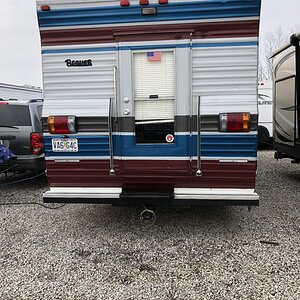Russellvh
RVF Supporter
- Joined
- Nov 18, 2021
- Messages
- 297
- Location
- Home based out of the Colony, Texas
- RV Year
- 2022
- RV Make
- Forest River
- RV Model
- Wildcat Fifth-wheel
- RV Length
- 36.5
- TOW/TOAD
- 2019 Ford F-250.
- Fulltimer
- Yes
I’m sure there are endless variables but maybe just a general question. I just bought a 2022 Wildcat 5th wheel. Getting ready for first “shakedown” trip. If I go to the storage place the night before and turn on my refrigerator should it be able to run all night, to cool down, with out killing the batteries???


